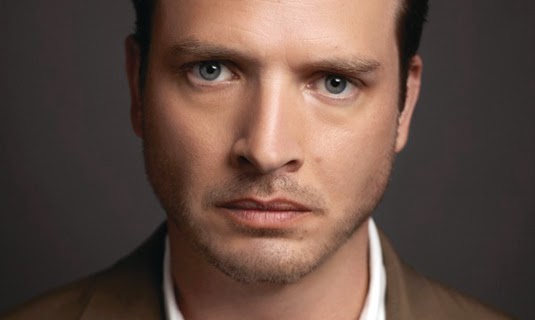Adjusting to the Real World
"There's a harsh truth to face. No way I'm gonna make it on the outside. All I do anymore is think of ways to break my parole, so maybe they'd send me back. Terrible thing, to live in fear. Brooks Hatlen knew it. Knew it all too well. All I want is to be back where things make sense. Where I won't have to be afraid all the time. Only one thing stops me. A promise I made to Andy." — Red, "The Shawshank Redemption"
There is a portion of "The Shawshank Redemption" that is heart-breaking. Actually, there are a lot of parts since it's an iconic and powerful movie. But one that stands out is what happens to Brooks. He's been in prison a long time, and when he's finally released he's scared. He tries to make sure he has to stay in prison. Then he gets out and can't adjust.
Unable to live in the real world — a world he never thought he'd see — Brooks kills himself. He was a sweet, kindly character, and it's heart-breaking to see that, for him, freedom wasn't really freeing. It was a shackle from which he couldn't escape.
Later Red (Morgan Freeman) begins to feel the same way when he's finally free. He's been in prison too long, he figures. He's been institutionalized, and that's the only order of the world that makes sense to him.
I thought of that when watching "Rectify," the original series from Sundance that debuted its second season last Thursday. The show centers on Daniel Holden (Aden Young), a man that has to figure out how to live in the real world again. Daniel was convicted of the rape and murder of a young girl at age 19, and he spent 19 years on Death Row until a DNA test vacated his conviction.
The first season — which ran six episodes and is available on Netflix — focused on Daniel's first week out of prison. And there was a lot to consider. While the DNA test set him free, it didn't clear him. Some in the town still believe he's guilty of murder and should be in jail. And there's still a chance he'll be prosecuted again, to there is that angle hanging over his head.
In addition, the dynamics of his family have changed. His father died, and his mother re-married. He now has a grown step brother and a younger half brother. And it's an awkward homecoming made even more difficult by the dynamics of a family that's never really been together as a family.
The world has changed, too. And Daniel has to adjust to the loss of innocence and the loss of the formative years where a boy becomes a man and grows into his adult life. All that time, for Daniel, was spent dwelling on something else.
For me, the most fascinating part of the show is the exploration of Daniel simply living in the world once again, which is what made me think of Red, Brooks and "The Shawshank Redemption." But Daniel isn't simply institutionalized, he has to find a whole new way to live.
For most of us, whether through faith or something else, hope is a cornerstone of life. Hope is what gets us out of bed in the morning. Hope is what gets us through the tough times. But where do you find hope when life is simply the time spent waiting to die? That's the question every inmate on death row must answer. There is no hope in the future, because there is no future.
For Daniel, it meant finding a way to endure the horrors and trauma of prison without that hope of a better tomorrow. He spent 19 years waiting to be executed for a crime he may or may not have committed. Even Daniel — who was high on drugs and remains wracked by guilt — doesn't really know what role he played in the crime.
All he knew was that he found a way to make peace with his fate and pass each day — burying himself in the world of books. He never dreamed of freedom or a better tomorrow. He never thought on the world or on the future. None of that mattered to him, because it wasn't a reality to him. Reality was his cell and the certainty of his death.
In an instant, that all changed. The fascination and beauty of "Rectify" is the way it engages in Daniel's struggle to find a new way to engage the world, and his struggle to let go of the horrors of prison that he'd found a way to bury deep down. The DNA test changed Daniels circumstances, but his time in prison left him profoundly changed.
For Daniel, prison isn't a place, it's a state of being — one that a lack of bars doesn't erase in an instant. His journey is slow, painful, and a times heart-breaking, but that's what makes it so fascinating.




Comments
Post a Comment